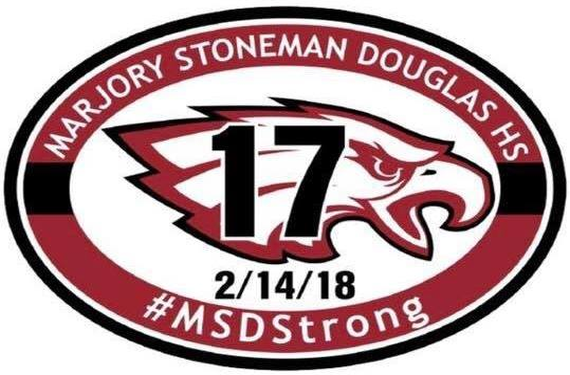HAPPY EASTER APRIL FOOLS
Father, Forgive Them For They Do Not Know What They Are Doing Luke 23:34
In the wake of twin disasters—one man-made in the form of a vulture fund-fueled debt crisis, and one natural in the form of last September's Hurricane María — Puerto Rican leaders are attempting to implement a vast austerity program, claiming it will solve the island's economic woes. In the eyes of many Puerto Ricans, however, this is textbook "disaster capitalism": capitalizing on a moment of crisis, when the population is weak and unable to mobilize, to ram through pro-market austerity measures.
Although the government has slowly been rolling out austerity measures since the debt crisis began, post-hurricane, it's doubled down. And the island's public school system is one of the leading targets.
teachers' unions in Puerto Rico have responded to the government's proposed overhaul with protest, anger, and derision. Since Gov. Ricardo Rossello presented it to the legislature last month, critics have said he and Keleher are using the damage that Hurricane Maria inflicted on the island and its schools as justification to push privatization, much like the governor recently announced his intention to sell off Puerto Rico's publicly owned electric grid.
Does he know that charters demand equal funding and choose the students they want?Does he know that voucher students get worse results than their peers in public schools?Probably the hedge funds that own the Commonwealth’s debt didn’t tell him.Puerto Rico is now open to edupreneurs, no-excuses charters, and corporate exploitation of its children.Seizing Upon Post-Hurricane Damage, Puerto Rico's New "Education Reform" Law Paves Way for Charters, Vouchers:


“Over the last five decades, African Americans have seen substantial gains in high school completion rates. In 1968, just over half (54.4 percent) of 25- to 29-year-old African Americans had a high school diploma. Today, more than 9 out of 10 African Americans (92.3 percent) in the same age range had a high school diploma.However, college completion expanded for whites at a similar pace, rising from 16.2 percent in 1968 to 42.1 percent today, leaving the relative situation of African Americans basically unchanged: In 1968 blacks were just over half (56.0 percent) as likely as whites to have a college degree, a situation that is essentially the same today (54.2 percent).”

 By Dr. Bill Howe with Stop Sexual Assault in Schools (SSAIS.org)
By Dr. Bill Howe with Stop Sexual Assault in Schools (SSAIS.org)